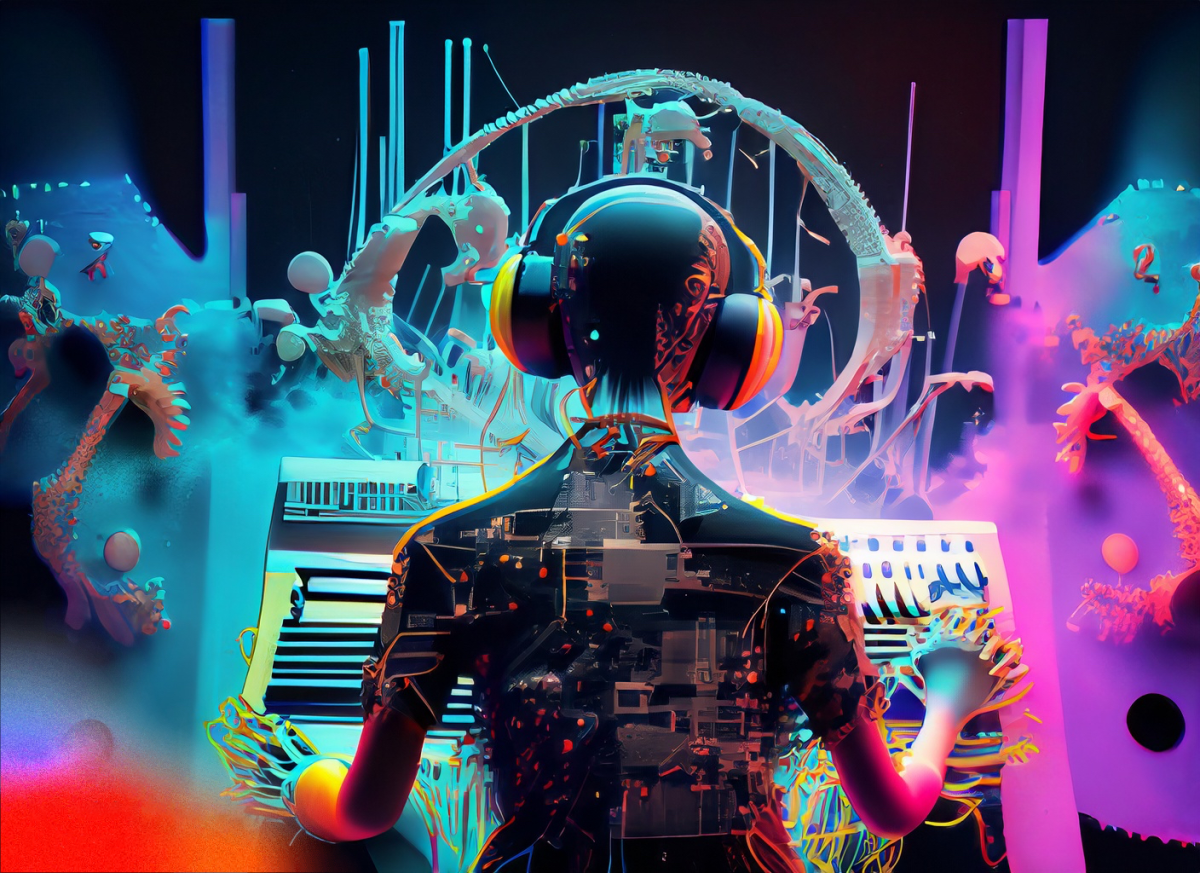
The importance of this research is twofold: addressing copyright issues and fostering the adoption of AI in the music industry. As AI-generated music blurs the line between human and AI creation, concerns regarding copyright ownership and artistic attribution become paramount [2]. To address these challenges, we created an AI model to differentiate AI-generated music from human-composed music, specifically focusing on music generated by the JukeBox model.
The emergence of artificial intelligence (AI) in music composition has surfaced as a contentious yet captivating topic of exploration within the music industry [1]. It raises questions about the legitimacy of machine-generated creativity and the complexities surrounding copyright, ownership, and the evolving nature of artistic expression [2]. One prominent and groundbreaking creation that has captured the attention of many is Jukebox, the AI music generation model created by OpenAI [3]. The importance of this research is twofold: addressing copyright issues and fostering the adoption of AI in the music industry. As AI-generated music blurs the line between human and AI creation, concerns regarding copyright ownership and artistic attribution become paramount [2]. To address these challenges, we created an AI model to differentiate AI-generated music from human-composed music, specifically focusing on music generated by the JukeBox model. Using 3 different models: a Multi-Layer-Perceptron (MLP), a long-short term memory network (LSTM), and a transformer, we were able to classify JukeBox generated songs with 96 percent accuracy.
Explore More!

Related Projects



